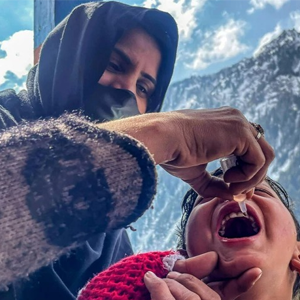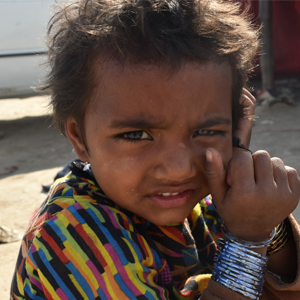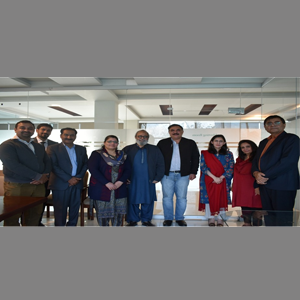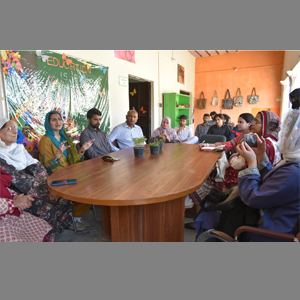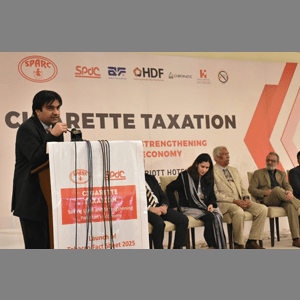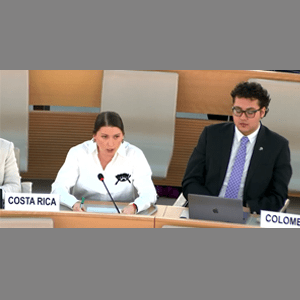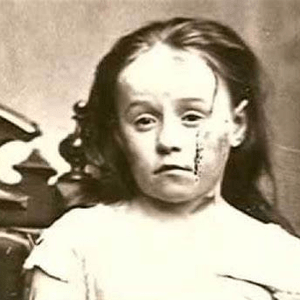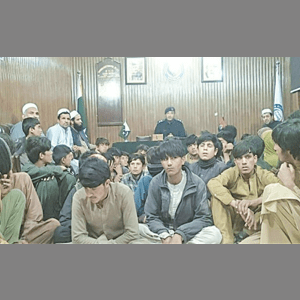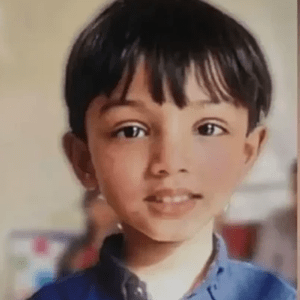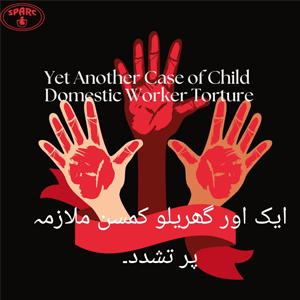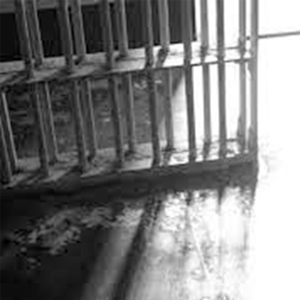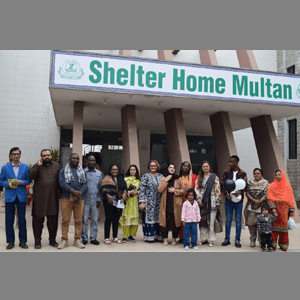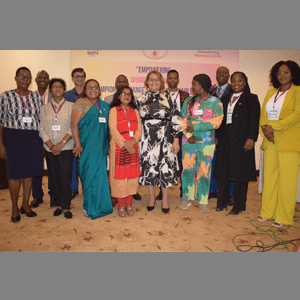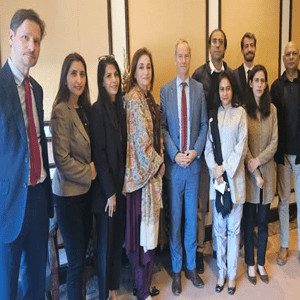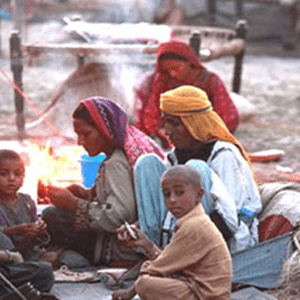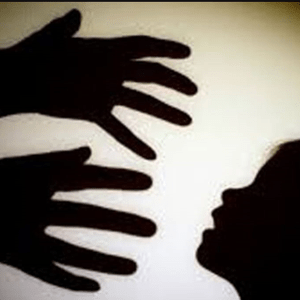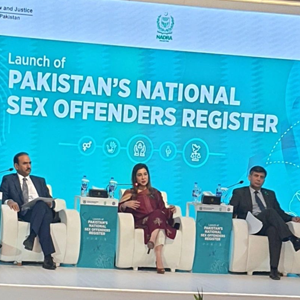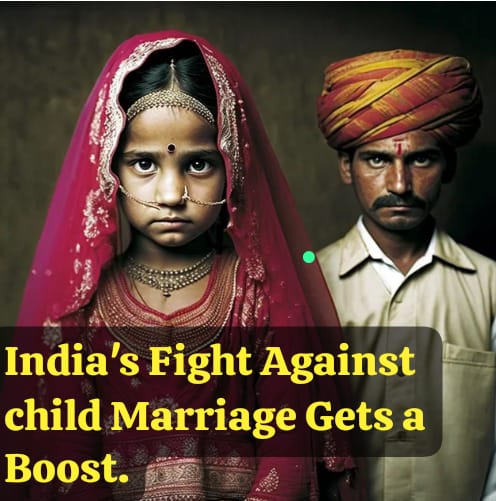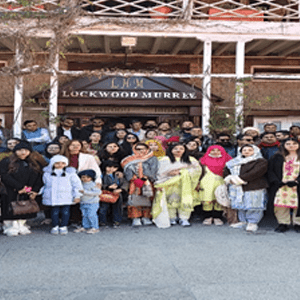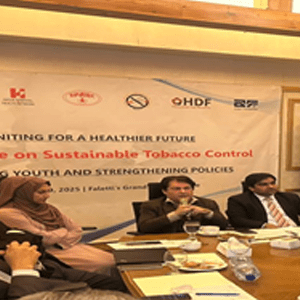Archives
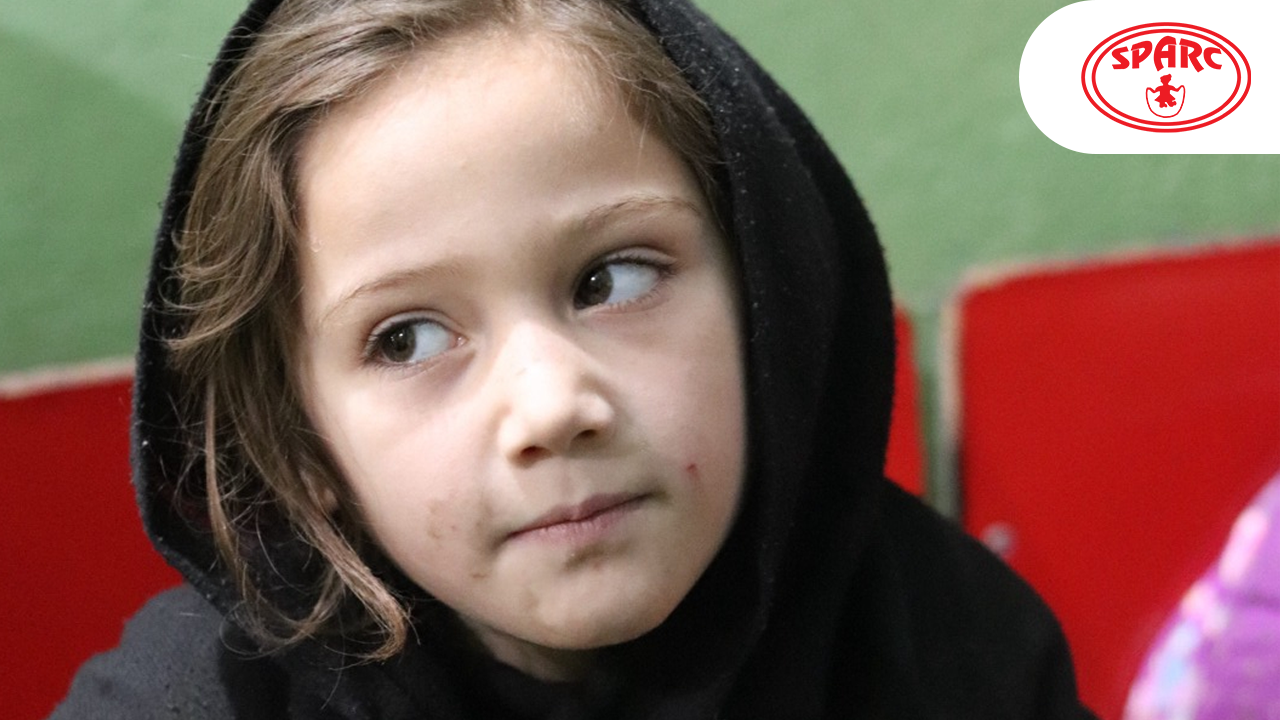
International Day to End Corporal Punishment of Children
30 April marks the International Day to End Corporal Punishment, a global moment to advocate for the protection of children from violent and harmful disciplinary practices. Corporal punishment remains the most prevalent form of violence against children, occurring in homes, schools, juvenile justice centres, and alternative care settings. Despite decades of research proving that corporal punishment has no positive outcomes only causing long-term physical, cognitive, and emotional harm an alarming 86% of the world’s 2.2 billion children are not fully protected by law. Legal reform is essential to ending this practice; it not only prohibits violence but also shifts societal attitudes toward non-violent, positive childrearing.
In Pakistan, SPARC has been at the forefront of advocacy efforts to eliminate corporal punishment. SPARC has consistently engaged with lawmakers and civil society, organized awareness campaigns, conducted trainings for teachers and caregivers, and published research highlighting the harmful impacts of violent disciplinary practices. While provinces like Sindh have made progress by prohibiting corporal punishment in schools, day care, and penal institutions, significant legal gaps remain. Corporal punishment is still permitted in many homes, non-government schools, and care settings, and outdated legal provisions such as Article 89 of the Penal Code continue to offer legal defences for violence. Similar provisions exist in several provincial child protection laws. These laws must be amended or repealed to ensure full protection for all children. Prohibition must also extend to judicial corporal punishment, including under Shari’a and traditional legal systems. To truly end corporal punishment, Pakistan must enact comprehensive legal reform and promote non-violent methods of raising and educating children.
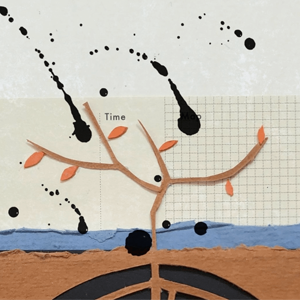
Palestinian-led open letter to confront the Gaza famine
The manufactured famine in Gaza must be halted. The international community must act decisively, immediately, and with full moral and legal responsibility. We are witnessing, in real time, the deliberate starvation of a civilian population as a method of warfare.
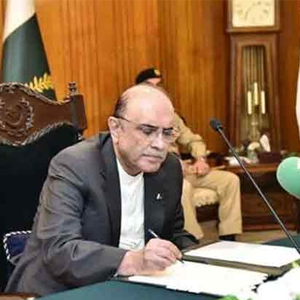
President of Pakistan has signed the Islamabad Capital Territory Child Marriage Restraint Bill, 2025 into law, marking a significant step in the country’s efforts to end child marriage. The legislation, which prohibits marriage under the age of 18, was passed by both houses of Parliament. Despite facing strong opposition from certain religious quarters, the law has been welcomed as a major advancement for child protection and human rights. Supporters of the bill have emphasized its focus on ensuring children’s rights to education, health, and a safe future, urging other provinces to follow suit with similar reforms.
Gilgit Baltistan Reports first Polio case of 2025
A new case of wild poliovirus has been confirmed in the Diamer district of Gilgit-Baltistan, the region’s first in nearly seven years bringing Pakistan’s national total to 11 in 2025. Health officials urge parents to ensure timely immunisation, especially as the virus continues to pose a serious threat to children. The case was detected shortly after the country concluded its latest nationwide vaccination campaign, which covered over 45 million children. In Pakistan, this crisis is compounded by US aid funding cuts, putting children’s health at greater risk, especially in ongoing battles against diseases like polio and measles.
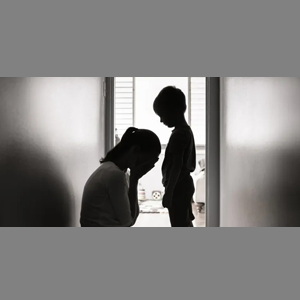
Adopted children face uncertain futures
Despite the increasing number of abandoned children placed in the care of childless couples, Pakistan still lacks formal legislation on adoption. This legal vacuum leaves adopted children vulnerable to abuse, exploitation, neglect, trafficking, and even cybercrime. Girls are particularly at risk, making up 59% of reported abuse cases. In just the first six months of 2024, 1,630 cases of child abuse were reported nationwide, including 862 cases of sexual abuse. Meanwhile, cyber child pornography cases have surged by 336% in Punjab over the past six years, reflecting the alarming scale of the crisis.
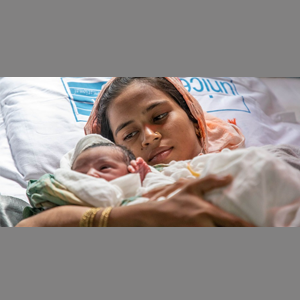
WHO Calls for Action to Save Mothers, Newborns in Pakistan
675 babies under one month old and 27 mothers die every day in Pakistan due to preventable complications. This alarming number translates into over 9,800 maternal deaths and 246,300 newborn deaths annually. WHO urges urgent global investment to save mothers and newborns in Pakistan.
Right to children's identity in Pakistan
The right to legal identity for children is internationally recognised, and Pakistan has committed to uphold this right as a signatory to the UN Convention on the Rights of the Child.
Despite laws and policies, millions of Pakistani children lack legal identity, denying them access to education, healthcare, and protection. A coordinated, multi-sectoral response is essential to close this gap and uphold child rights.
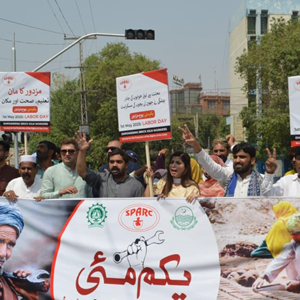
SPARC Celebrates Labor Day
SPARC under the Project ‘Empowering Brick Kiln Workers’ marked Labor Day on May 1st with a series of impactful activities celebrating the strength and rights of workers.
The event included interactive sessions, awareness campaigns, and cultural performances that highlighted the importance of dignity, fair labor practices, and unity among workers. It served as a meaningful platform to celebrate their hard work while reinforcing the ongoing commitment to improving their livelihoods.

Meeting with Federation of Pakistan Chambers of Commerce and Industry (FPCCI)
SPARC was invited by the Federation of Pakistan Chambers of Commerce and Industry (FPCCI) to lead a session at the EU Business Forum. The session focused on Human Rights Due Diligence and EU Directives & Compliance in the Textile Sector, offering critical insights to industry stakeholders. The engagement highlighted SPARC ongoing commitment to fostering responsible business practices and aligning with international standards.
Social Campaign on Gender Issues
Under the COL Empowering Women & Girls Project, SPARC carried out an engaging social campaign aimed at raising awareness on gender discrimination and gender-based violence.Held at the Golra Center, the initiative featured interactive role plays and community-centered activities designed to educate in a fun and approachable way.
As part of the campaign, a vibrant Meena Bazar was also organized, drawing in local families and providing a platform to introduce skill-building training courses, encouraging community participation and social mobilization.
Kitchen Gardening Drive
SPARC, in collaboration with Sunbeams (NGO), students from and Arid Agriculture University under the col4dempowerwomen (EWG) initiative, has launched a Kitchen Gardening Drive. Through this program, community women will receive hands-on training, be provided with plants and resources to establish their own kitchen gardens, and will be monitored and supported throughout the process to ensure successful implementation.
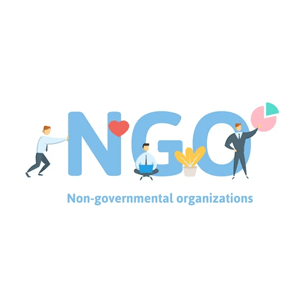
Committee formed to review foreign funding received by NGOs
The federal cabinet has notified the formation of a committee to review foreign funding received by both international and domestic nongovernmental organisations (NGOs), it emerged on Wednesday.
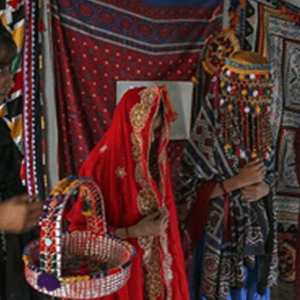
‘Monsoon brides’: Extreme weather fuels child marriages in Sindh
As monsoon rains were about to break over Pakistan, 14-year-old Shamila and her 13-year-old sister Amina were married off in exchange for money, a decision their parents made to help the family survive the threat of floods.

Protecting children
Undoubtedly, the time to identify and plug the many glitches in social protection policies, such as the easy provision of birth certificates for newborns, is now. Without a basic databank of children, all measures by the state are doomed to fail.
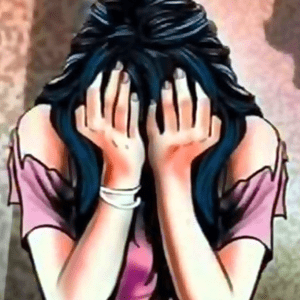
Man Accused of Molesting Schoolgirls
Imran, the husband of a teacher at a non-formal education school in Gujranwala, Pakistan, was arrested for sexually abusing multiple young female students over several years. He used his position running a canteen at the school to exploit the victims aged 11-14.

KP's Climate Vulnerable Children
The province has borne the brunt of climate change over the past decade, and it has proven devastating for children who are often missed by those making policies and those taking action for disaster risk reduction

Pakistan reports 50th polio case of the year
ISLAMABAD: Pakistan has recorded its 50th polio case of the year, with the latest victim being a 20-month-old girl from Mullazai Union Council in Khyber Pakhtunkhwa’s Tank district.

2.2m students enrolled in madrassas
ISLAMABAD: The total number of registered religious madrassas across the country is 17,738, with 2,249,520 students enrolled, stated the Ministry of Education as it submitted details of religious seminaries to the Senate.

